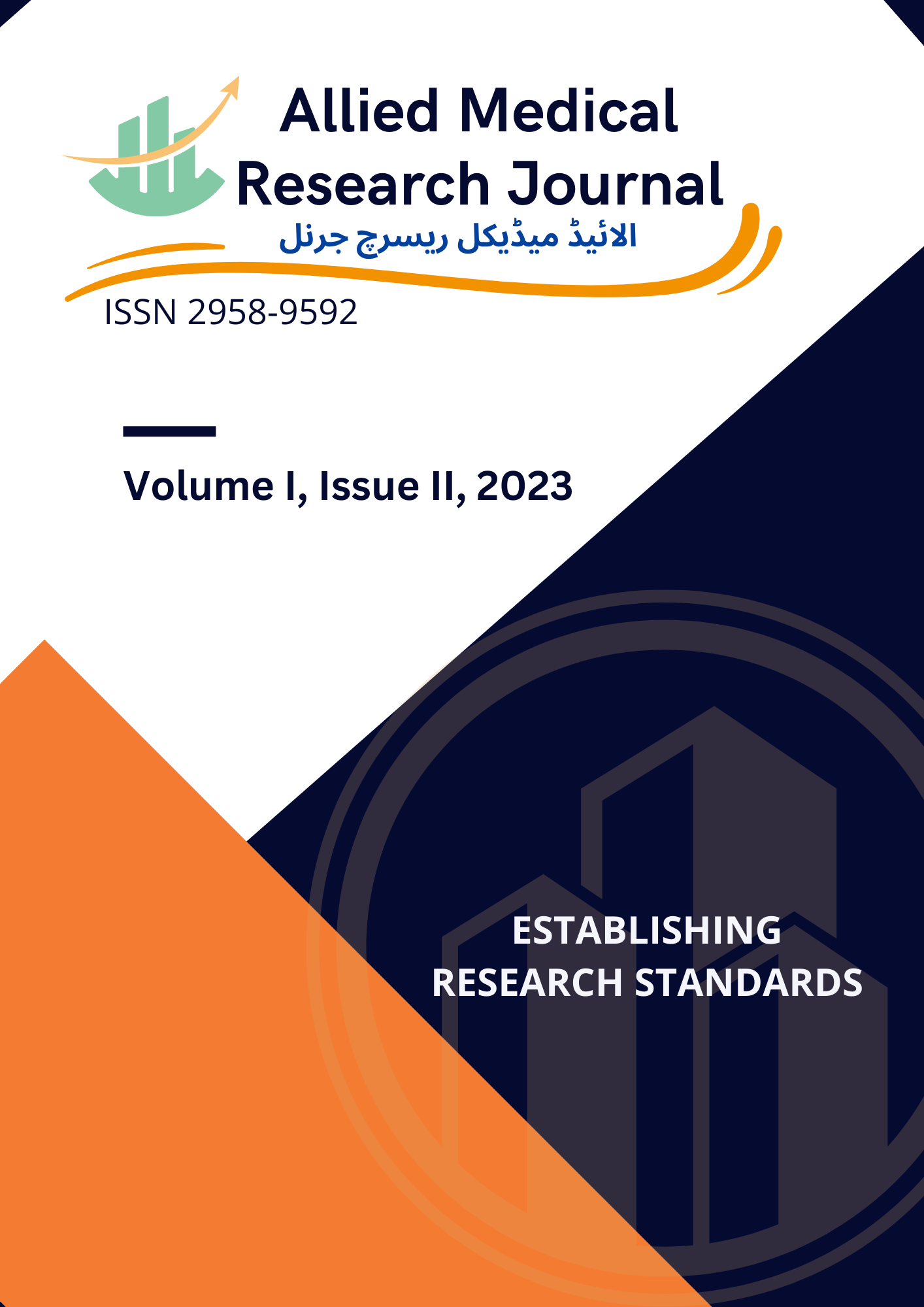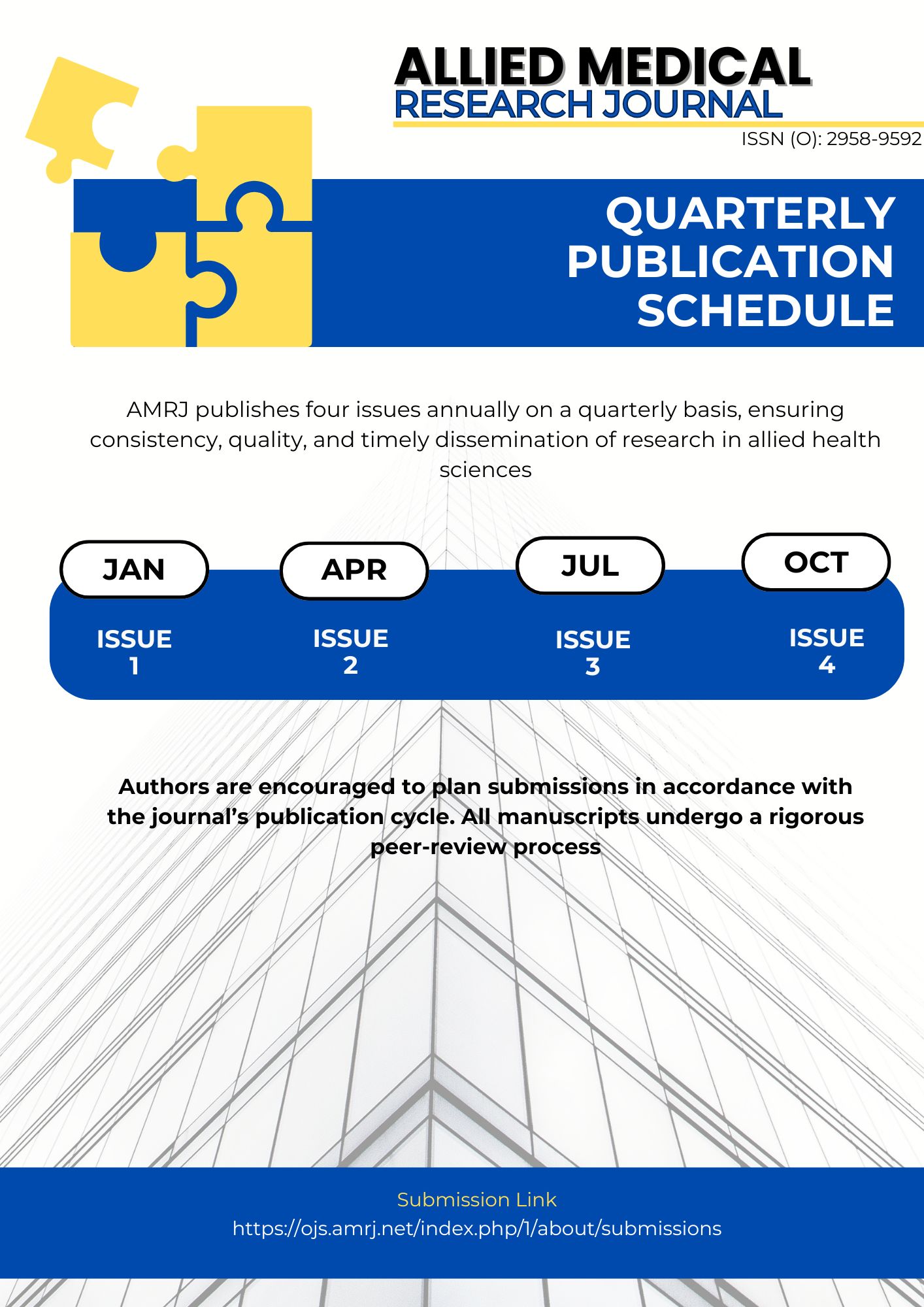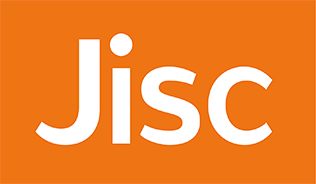Psychological Intervention for Pain Management Following Musculoskeletal Injury: A Comprehensive Review and Meta-Analysis
Keywords:
Cognitive Behavior Therapy, Injuries, Pain Management, PsychologyAbstract
Introduction
Psychological therapies are beneficial in controlling pain, but there is still a significant information gap about the combined effects of various interventions, especially in managing pain related to the musculoskeletal system.
Methodology
A risk of bias assessment was conducted using the Cochrane tool for the included studies. This entailed assessing the risk associated with allocation by considering factors such as data evaluation (participation and result assessment) and blinding (randomization and concealment).
Results
Five studies on the impact of psychological-based therapies on managing musculoskeletal pain were thoroughly examined for the meta-analysis. A statistically significant effect was seen in the pooled data, and the standardized mean differences (SMDs) showed a substantial decrease in the intensity of musculoskeletal discomfort. Effective results were shown in both the fixed-effects and random-effects models, supporting the validity of the conclusions. However, the large degree of variability between the studies highlights the need for care in interpreting the findings. It raises the possibility of differences in the effects of psychological therapies across various groups and methodologies.
Conclusion
The study highlighted the therapeutic value of psychological therapies for reducing pain related to the musculoskeletal system. These findings should be taken into account by researchers and clinicians when creating customized pain treatment plans.
References
Bülow K, Lindberg K, Vaegter HB, Juhl CB. Effectiveness of pain neurophysiology education on musculoskeletal pain: a systematic review and meta-analysis. Pain Medicine. 2021 Apr 1;22(4):891-904.
Rosner J, de Andrade DC, Davis KD, Gustin SM, Kramer JL, Seal RP, Finnerup NB. Central neuropathic pain. Nature Reviews Disease Primers. 2023 Dec 21;9(1):73.
Pritchard KT, Downer B, Raji MA, Baillargeon J, Kuo YF. Incident Functional Limitations Among Community-Dwelling Adults Using Opioids: A Retrospective Cohort Study Using a Propensity Analysis with the Health and Retirement Study. Drugs & Aging. 2022 Jul;39(7):559-71.
Knox PJ. Examining Chronic Pain Mechanisms with Aging: An Investigation in Geriatric Chronic Low Back Pain (Doctoral dissertation, University of Delaware).
Gennarelli SM, Brown SM, Mulcahey MK. Psychosocial interventions help facilitate recovery following musculoskeletal sports injuries: a systematic review. The Physician and Sportsmedicine. 2020 Oct 1;48(4):370-7.
Coronado RA, Brintz CE, McKernan LC, Master H, Motzny N, Silva FM, Goyal PM, Wegener ST, Archer KR. Psychologically informed physical therapy for musculoskeletal pain: current approaches, implications, and future directions from recent randomized trials. Pain reports. 2020 Sep;5(5).
Turk DC, Patel KV. Epidemiology and economics of chronic and recurrent pain. Clinical pain management: A practical guide. 2022 Mar 9:6-24.
Bérubé M, Martorella G, Cote C, Gélinas C, Feeley N, Choinière M, Parent S, Streiner DL. The effect of psychological interventions on the prevention of chronic pain in adults: a systematic review and meta-analysis. The Clinical journal of pain. 2021 May 23;37(5):379-95.
Du T, Shi Y, Huang H, Liang W, Miao D. Current study on the influence of psychological factors on returning to sports after ACLR. Heliyon. 2022 Dec 19;8(12):e12434-.
Chen F, Fan W, Li Y. Influence of psychological supervision on athletes’ compliance, mental elasticity characteristics and acute stress disorder in traumatic fracture rehabilitation training. Iranian Journal of Public Health. 2022 Jan;51(1):133.
Murillo C, Vo TT, Vansteelandt S, Harrison LE, Cagnie B, Coppieters I, Chys M, Timmers I, Meeus M. How do psychologically based interventions for chronic musculoskeletal pain work? A systematic review and meta-analysis of specific moderators and mediators of treatment. Clinical psychology review. 2022 Jun 1;94:102160.
Martinez-Calderon J, Flores-Cortes M, Morales-Asencio JM, Fernandez-Sanchez M, Luque-Suarez A. Which interventions enhance pain self-efficacy in people with chronic musculoskeletal pain? A systematic review with meta-analysis of randomized controlled trials, including over 12 000 participants. Journal of Orthopaedic & Sports Physical Therapy. 2020 Aug;50(8):418-30.
Driscoll MA, Edwards RR, Becker WC, Kaptchuk TJ, Kerns RD. Psychological interventions for the treatment of chronic pain in adults. Psychological Science in the Public Interest. 2021 Sep;22(2):52-95.
Ho EK, Chen L, Simic M, Ashton-James CE, Comachio J, Wang DX, Hayden JA, Ferreira ML, Ferreira PH. Psychological interventions for chronic, non-specific low back pain: systematic review with network meta-analysis. bmj. 2022 Mar 30;376.
Flemyng E, Dwan K, Moore TH, Page MJ, Higgins JP. Risk of bias 2 in Cochrane reviews: a phased approach for the introduction of new methodology. The Cochrane Database of Systematic Reviews. 2020;2020(11).
Shaygan M, Hosseini FA. Comparison of the effect of psychosocial skills training on acute and chronic musculoskeletal pain intensity: The effectiveness of early intervention in the reduction of acute musculoskeletal pain. Musculoskeletal Care. 2022 Dec;20(4):839-47.
Javdaneh N, Letafatkar A, Shojaedin S, Hadadnezhad M. Scapular exercise combined with cognitive functional therapy is more effective at reducing chronic neck pain and kinesiophobia than scapular exercise alone: a randomized controlled trial. Clinical rehabilitation. 2020 Dec;34(12):1485-96.
Westenberg RF, Zale EL, Heinhuis TJ, Özkan S, Nazzal A, Lee SG, Chen NC, Vranceanu AM. Does a brief mindfulness exercise improve outcomes in upper extremity patients? A randomized controlled trial. Clinical orthopaedics and related research. 2018 Apr;476(4):790.
Alparslan GB, Babadağ B, Özkaraman A, Yıldız P, Musmul A, Korkmaz C. Effects of music on pain in patients with fibromyalgia. Clinical rheumatology. 2016 May;35:1317-21.
Brage K, Ris I, Falla D, Søgaard K, Juul-Kristensen B. Pain education combined with neck-and aerobic training is more effective at relieving chronic neck pain than pain education alone–A preliminary randomized controlled trial. Manual Therapy. 2015 Oct 1;20(5):686-93.

Downloads
Published
Issue
Section
License
Copyright (c) 2023 Qasim Raza, Paras Ayaz, Amna Iqbal, Rafia Rafiq

This work is licensed under a Creative Commons Attribution-NonCommercial 4.0 International License.








